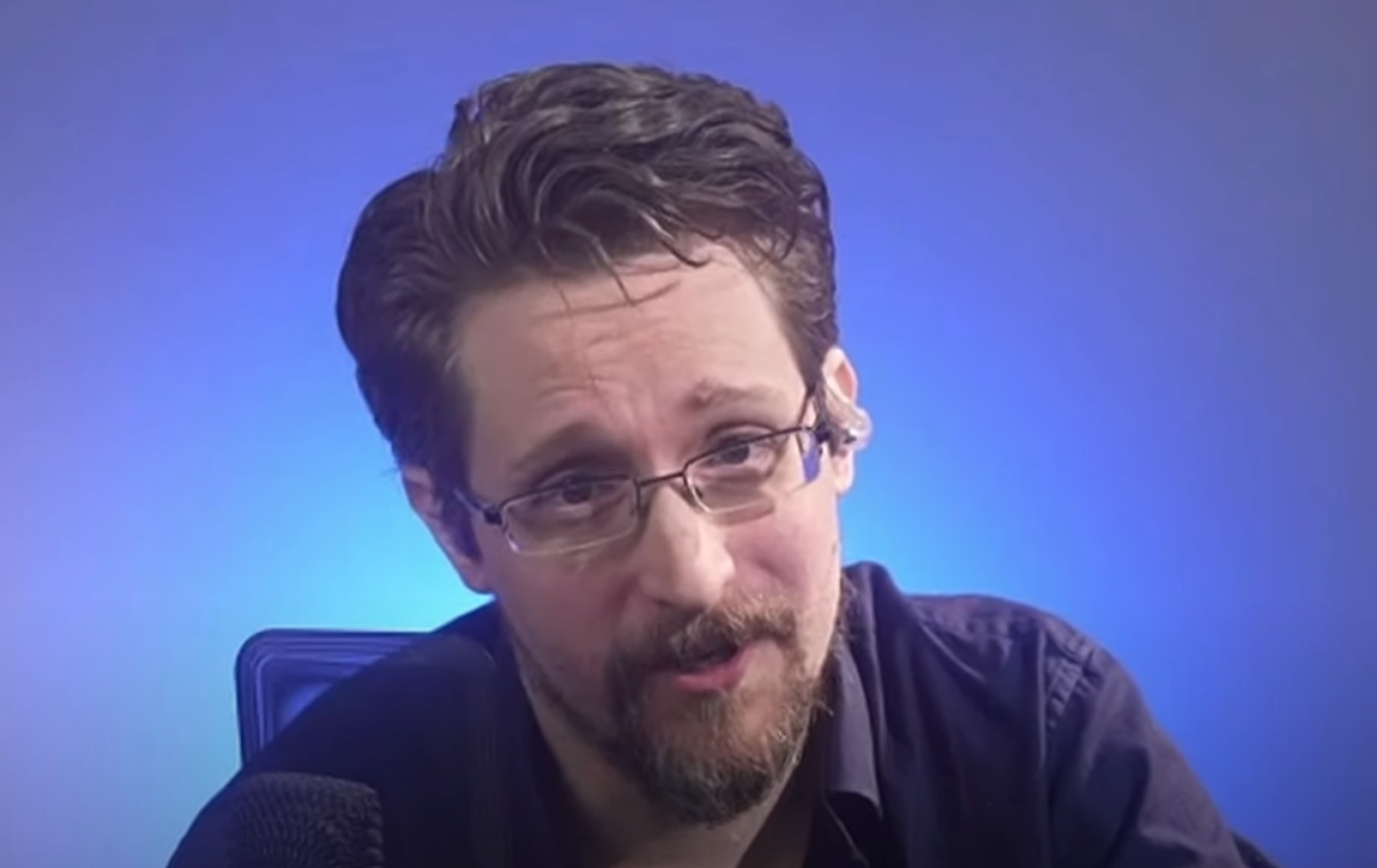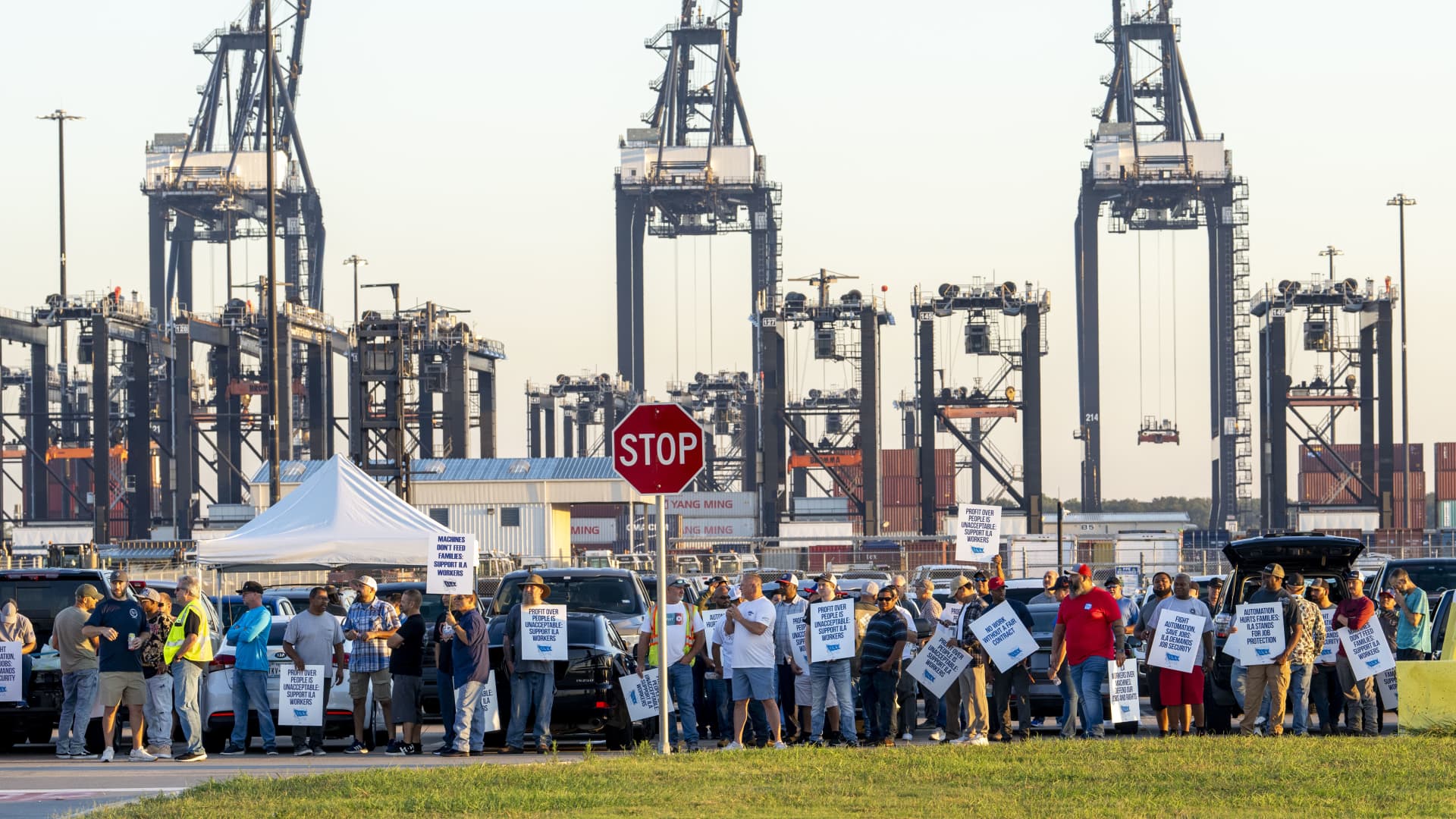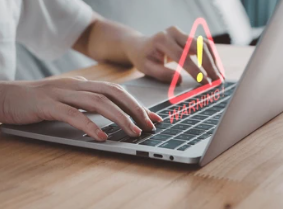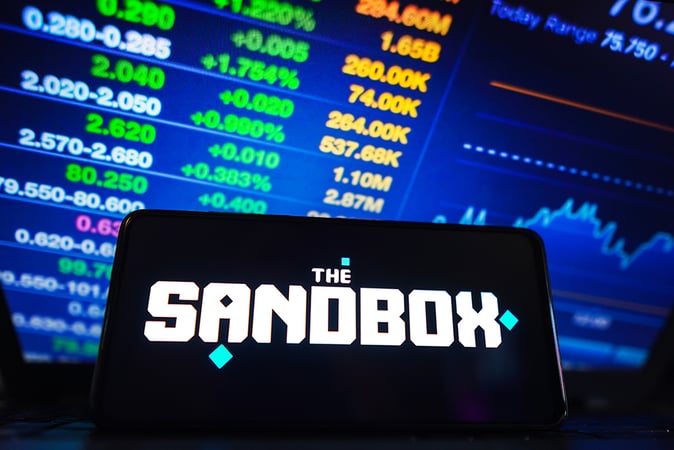Edward Snowden, the renowned whistleblower and privacy advocate, made sharp comments about Solana during the TOKEN2049 conference in Singapore. After delivering his speech, titled “The Next Threat to Speech,” Snowden engaged in a Q&A session where he criticized Solana’s architecture, expressing concerns about its centralized nature and the types of projects it facilitates.
Responding to the question, “How do we design technology from first principles so we know it’s safe?” Snowden took the opportunity to draw comparisons between Bitcoin’s adversarial design and what he perceives as Solana’s more vulnerable, centralized system.
“When you look back at the Bitcoin whitepaper, I think what you see is an adversarial approach to the system. And that is what you really have to consider,” Snowden said. Without directly naming SOL at first, he quickly shifted to critique the network, stating, “I don’t want to name names but Solana is taking good ideas and they’re just going, well what if we just centralized everything? It’ll be faster, it’ll be more efficient, it’ll be cheaper, and yeah sure it is, you’re right, but nobody’s using it but for meme coins and scams.”
Snowden went on to explain his deeper concern, highlighting that Solana’s centralization could make it vulnerable to government control or other forms of external intervention. “If anybody puts anything significant on it and then all the states begin moving towards it, it’s going to be a system that has levers that people can simply just take from you,” Snowden warned, signaling a potential risk for significant censorship or seizures in the future.
His central argument was the necessity for adversarial thinking in the design of decentralized systems, especially given the increasing attention crypto platforms are receiving from governments and regulators worldwide. “You have to be thinking about the adversarial case as opposed to the convenient, easy early case. That means thinking about how it’s going to be attacked and making sure it can survive that,” he said.
Solana Community Reacts
Snowden’s remarks didn’t go unnoticed, with key figures in the SOL ecosystem quickly responding. Mert Mumtaz, the co-founder and CEO of Helius Labs, a Solana-based project, took to X to defend the network, challenging Snowden’s claims. “Snowden seems to think Solana is centralized—while giving zero data to back it up,” Mumtaz wrote.
He called for critics to provide concrete evidence of any vulnerability in Solana that would allow a single entity to control the network or compromise user funds. “I challenge anyone to show me the precise attack vector that would let a single entity exercise a loss of funds, or prolonged power over the network,” Mumtaz continued, further emphasizing the geographic distribution of Solana’s nodes and the diversity of jurisdictions they operate within.
He acknowledged that while Bitcoin and Ethereum are more decentralized, this does not inherently mean that Solana is vulnerable to the kind of centralized control Snowden alluded to. “Here’s what you may say instead: Ethereum and Bitcoin are more decentralized than Solana — this is correct. Usain Bolt is faster than Lebron James in a 100m dash, that does not mean Lebron is slow. The only possible single point of failure would be: a single client,” Mumtaz wrote.
He highlighted recent developments in Solana’s client diversity, pointing out the deployment of “frankendancer” on the mainnet, as well as the upcoming “Firedancer” client, which further decentralizes the network. He concluded his rebuttal by stating, “If the network is so centralized, it’s worth tens of billions—go attack it if you can!”
At press time, SOL traded at $143.
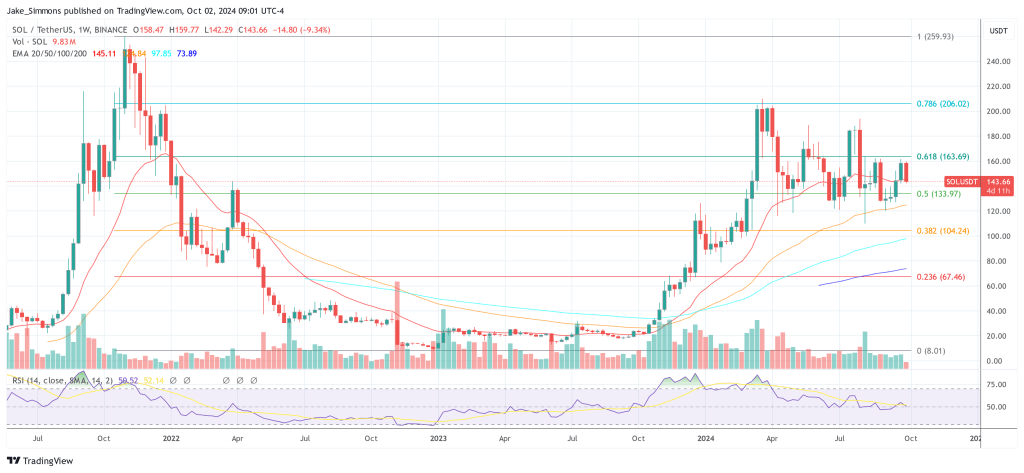
Featured image from YouTube, chart from TradingView.com

